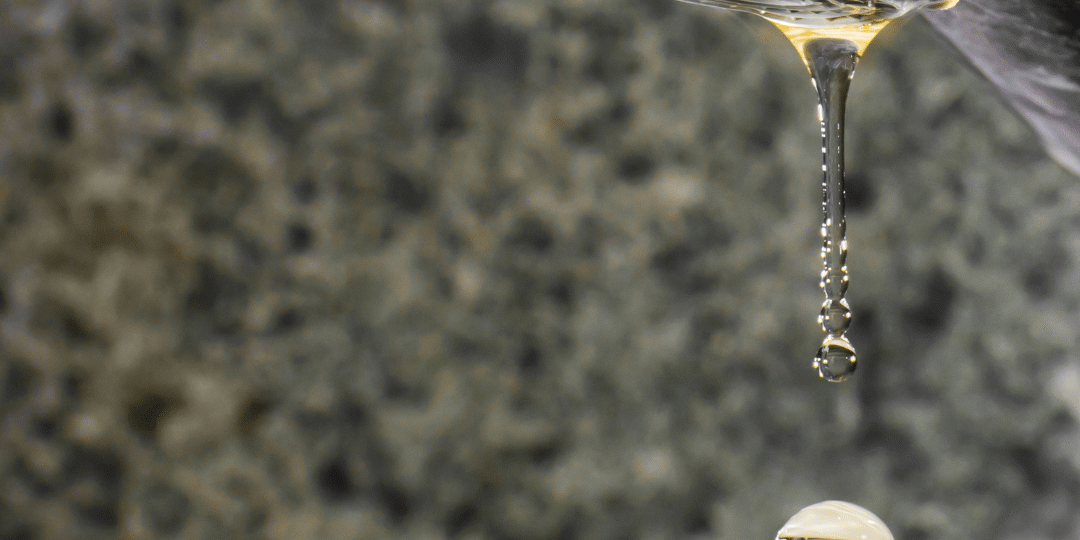Hard water is a common issue in many homes, containing high levels of calcium, magnesium, and bicarbonate minerals. While it is not harmful to health, it can reduce the efficiency and lifespan of water heaters, leading to higher utility bills, frequent repairs, and costly replacements. Whether you have a traditional hot water tank, a tankless water heating system, or a heat pump hot water heater, protecting your system from hard water damage is crucial.
How Hard Water Affects Your Water Heater
- Scale Buildup & Reduced Efficiency
- Tankless water heating systems are especially vulnerable. Scale can clog the heat exchanger, causing shutdowns and costly repairs.
- Solar hot water systems experience efficiency losses when scale accumulates in collectors and pumps.
- Propane hot water tanks, gas water heaters, and electric hot water systems all suffer from longer heating times and increased energy consumption due to mineral buildup.
- Higher Energy Consumption & Utility Costs
- Higher electricity, propane, or natural gas bills
- More frequent water heater repairs due to overheating and damaged heating elements
- Reduced hot water availability as limescale takes up space in hot water storage tanks
- Corrosion & Leaks
- Anode rods (which protect the tank from rust)
- Expansion tanks and valves
- Pipes and heating elements
When hard water is heated, calcium carbonate (limescale) deposits form on heating elements, pipes, and water tanks. This reduces heat transfer, forcing your water heater to work harder and use more electricity or natural gas.
Scale buildup forces your water heater to work harder, leading to:
According to Energy Star, water heaters affected by hard water can lose up to 25% efficiency, increasing long-term operational costs.
Hard water can also contribute to corrosion inside your water heater, particularly in:
Over time, this corrosion weakens the water heater, leading to tank leaks, thermostat failures, and complete system breakdowns.
Signs of Hard Water Damage in Your Water Heater
If you suspect hard water is affecting your water heating system, watch for these warning signs:
- Reduced hot water supply: You run out of hot water faster than usual.
- Longer heating times: Hot water takes longer to reach taps, showers, and appliances.
- Higher energy bills: Your system is working harder to maintain water temperature.
- Discolored or metallic-smelling water: Mineral buildup can cause rusty or cloudy water.
- Loud popping or rumbling noises: Scale buildup at the bottom of the tank traps air bubbles, leading to strange noises.
- Frequent repairs: Components like the thermostat, heating elements, and relief valves wear out faster.
- Leaking water heater: Corrosion can cause cracks or failures in the tank, pipes, or fittings.
How to Prevent Hard Water Damage
- Install a Water Softener or Filtration System
- Prevents scale buildup in your hot water system
- Extends the lifespan of your water heater
- Improves water quality and taste
- Flush & Maintain Your Water Heater Regularly
- Flush your hot water tank every 6-12 months to remove sediment buildup.
- Descale tankless water heating systems every 6-12 months to clean out heat exchanger blockages.
- Replace the anode rod every 3-5 years to prevent corrosion inside hot water tanks.
- Adjust Water Temperature & Thermostat Settings
- Smart thermostats on heat pump hot water systems provide precise temperature control to reduce hard water impact.
- Tankless water heating units can use built-in sensors to detect scale buildup and automatically adjust temperature settings.
- Upgrade to an Energy-Efficient Water Heater
- Energy Star-certified water heaters offer better efficiency and lower operating costs.
- Heat pump water heaters use air-source technology to reduce reliance on electricity or natural gas.
- Federal tax credits, rebates, and utility programs can reduce the cost of upgrading to a new hot water system.
A water softener removes calcium and magnesium using sodium or potassium exchange. Benefits include:
For homes that rely on well water or groundwater sources, a reverse osmosis filtration system can further reduce total dissolved solids (TDS), chlorine, and contaminants that affect water heaters.
Regular water heater maintenance is essential for preventing scale buildup and inefficiency.
For homeowners using solar water heating or heat pump hot water systems, regular pipe and pump inspections can maximize efficiency and extend system life.
Keeping your thermostat below 120°F slows down mineral precipitation and scale formation.
If your water heater is aging or frequently needs repairs, consider replacing it with a high-efficiency system.
Upgrading to a Rinnai, Bradford White, or Rheem water heater with scale-resistant technology can significantly improve energy efficiency and long-term savings.
Professional Water Heater Services from Defense Plumbing
If hard water is affecting your water heater, Defense Plumbing is here to help. Our team of water heater experts specializes in:
- Water heater installation and replacement, including tankless, gas, electric, propane, and hybrid systems
- Hot water tank repair and maintenance, including flushing, descaling, and thermostat calibration
- Leak detection and plumbing inspections to prevent corrosion and ensure efficiency
- Emergency hot water repair, with same-day service for leaking or malfunctioning water heaters
We offer competitive pricing on water heater services, helping homeowners protect their investments and improve their energy efficiency. Whether you need a water heater fix near you, a heater replacement, or routine maintenance, our skilled plumbers and heater contractors can help.
Schedule Your Water Heater Service Today
Don’t let hard water ruin your water heater. Contact Defense Plumbing today to schedule an inspection, repair, or replacement and keep your hot water system running efficiently for years to come.







